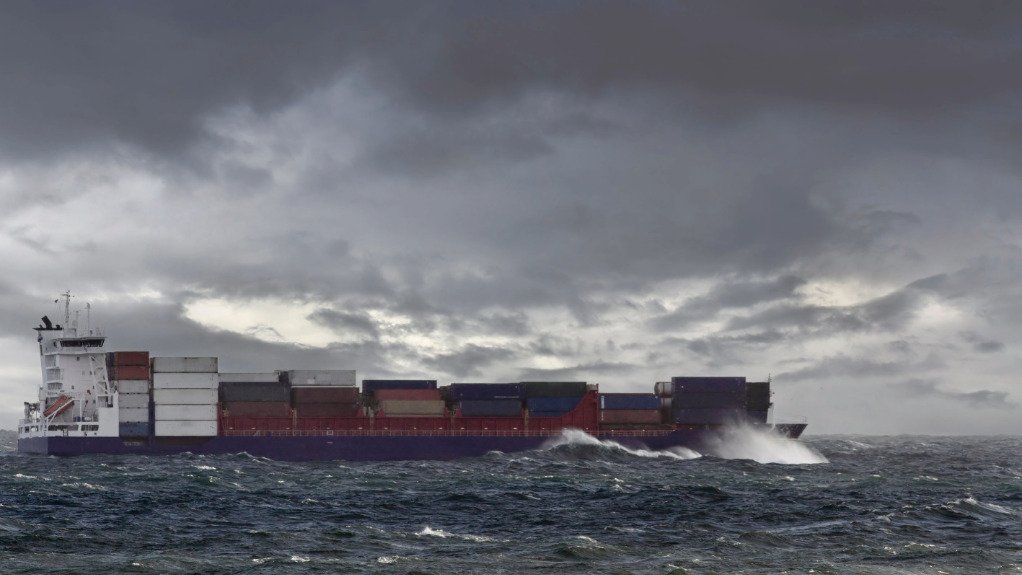The unpredictability of particularly US trade policy has become a major factor in global trade, UN Trade and Development (Unctad) has highlighted in its latest 'Global Trade Update'. This was on top of the actual tariffs and counter-tariffs being imposed by countries, and the current international political tensions.
“The uncertainty is driving up costs, rattling markets and hitting developing economies hardest,” stated Unctad. “Global trade has always faced shocks, from tariffs to pandemics to geopolitical rifts. What is different now is that uncertainty itself has become systemic.”
The World Policy Uncertainty Index hit record levels during the first quarter of this year. It peaked in April, at 48 664 points, but was still at the very high level of 41 014 points in June. The previous peak had been 28 504 points, recorded in November 2022. (The World Trade Uncertainty Index also surged to record levels this year, hitting 27 299 in June.)
“Firms face difficult choices: stockpiling goods, rerouting shipments or paying higher transport costs,” pointed out Unctad. “In early 2025, volatility in US imports increased compared to the previous year, even before tariffs came into force, as companies scrambled to adjust. The cost of uncertainty itself often outweighs the tariff. Small exporters and developing economies bear the heaviest burden, with limited finance or logistics to cushion the shock.”
The uncertainty had caused swings in currency exchange rates, the tightening of capital flows, and the costs of borrowing to increase. For developing countries, this resulted in tightened credit and reduced investment, on top of their already existing limited access to trade finance. This was against a background of continuing high global interest rates. The combined effect was to increase the financial fragility of developing countries, making it more difficult for them to fund growth and social development.
“Perhaps the most damaging is the breakdown in confidence,” stressed the agency. “When policies are unclear or rules are selectively applied, governments turn to unilateral actions that invite retaliation. This cycle feeds volatility across supply chains. Unctad data show that while advanced economies saw steady import trends, developing countries faced sharper swings in early 2025 – and least developed countries experienced a delayed but steeper spike later in the year. This underlines how the most vulnerable are also the most exposed.”
The volatility was hitting hardest the countries that could least absorb it. But there were options, including diversifying markets and strengthening trade agreements. Globally, giving businesses prior knowledge of policy changes could reduce risk.
“Above all, restoring stability and predictability is essential – for businesses to invest, for countries to grow and for trade to fulfil its role as a driver of development,” concluded Unctad.
EMAIL THIS ARTICLE SAVE THIS ARTICLE ARTICLE ENQUIRY FEEDBACK
To subscribe email subscriptions@creamermedia.co.za or click here
To advertise email advertising@creamermedia.co.za or click here











